Film Name:異形:契約 / Alien: Covenant
[This article contains major spoilers! If you haven’t seen the film yet but plan to, you might want to stop reading now.]
Even though I saw “Alien: Covenant” yesterday, I’ve been hesitant to write anything about it since returning home… I was so awestruck by Ridley Scott’s vast and intricate construction of the Alien universe that I developed a strange hesitation to put pen to paper—not out of laziness or timidity, but rather a sense of reverence befitting such an exceptional work.
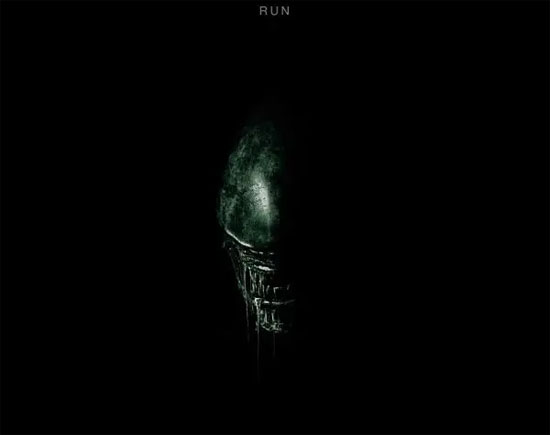
When asked if this movie is good, I’d definitely say yes—but that “good” is largely due to its connection to the context of the ‘Prometheus’ and “Alien” series. and my admiration for the conceptual depth and design of the “Alien” films crafted under the guidance of the esteemed Ridley Scott. If viewed solely as a standalone film, ‘Covenant’ appears to be a rather unoriginal “monster-versus-humans” survival horror flick—yet even as such, it stands as a decent piece of work.
This piece won’t delve into the Alien franchise’s entire history and backstory. For one, there are far better-equipped writers to cover that ground (I recommend interested readers seek them out), and for another, my own knowledge is limited—focusing solely on Covenant is sufficient.
Before diving in, here’s a quick background primer: The mysterious, highly intelligent cosmic race known as the Engineers created humanity (and later seemingly attempted, but failed, to destroy us). As human civilization advanced, we developed synthetic humans, sending David aboard the Prometheus to search for our creators. Instead, they discovered the mutagenic substance known as Black Liquid aboard an alien spacecraft at their destination, nearly wiping out the entire crew. Ultimately, sole survivor Dr. Elizabeth Shaw piloted the alien vessel toward the Engineers’ homeworld with the damaged David aboard…
Thus emerges the scene from David’s memory: the Engineers’ people did not welcome heroes returning triumphant from a mission thousands of years prior, but rather the “creator of creation” who brought death and destruction.
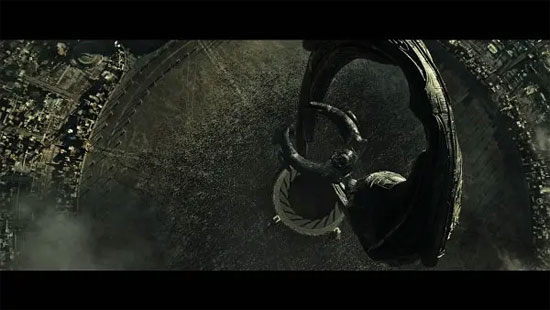
With this foundation established, the subsequent narrative of Alien: Covenant becomes clear: David spent nearly a decade on the Engineers’ homeworld. Ravaged by black fluid, it had long since become a lifeless, desolate planet. Though David continued his research on the Aliens, the destruction of the ship effectively trapped him there. Using the ship’s residual audio system, he transmitted the song “Take Me Home, Country Roads” into space, waiting patiently for humanity’s arrival…
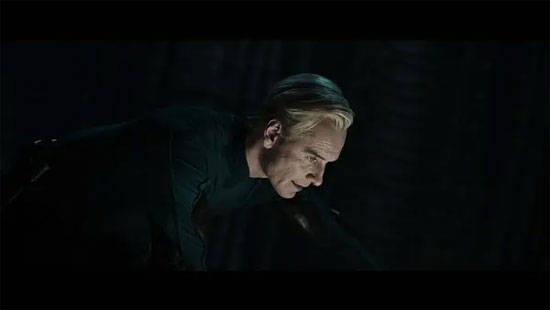
Thus, the Covenant from this film arrived.
The Covenant was a space colonization vessel bound for Origae-6 on a pioneering mission. Aside from the android Walter piloting the ship, the remaining dozen crew members, 2,000 colonists, and several crates of embryos were all in long-term cryogenic stasis.
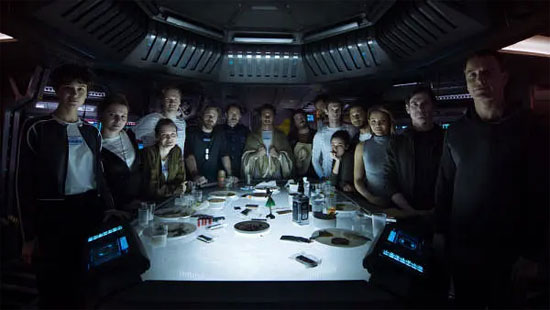
(Just imagine how many crew members survived in the end?)
An accident forced the crew to wake up. The incident claimed dozens of lives, and worst of all, Captain Branson (played by Corlan Lan) was burned to death… With their leader gone, the crew had no choice but to follow protocol and let First Officer O’Lan take charge.
Many felt O’Rourke was out of place among the crew, and his long-standing “low IQ” was hard to accept. Yet I find this quite realistic—as seen when Dany watched the video: Branson was born a daredevil adventurer, fearless in the face of danger. Such a charismatic pioneer was perfectly suited to lead the ship. Pairing him with a conservative, steady, and restrained first mate to keep the “mad captain” in check during normal times was only natural.
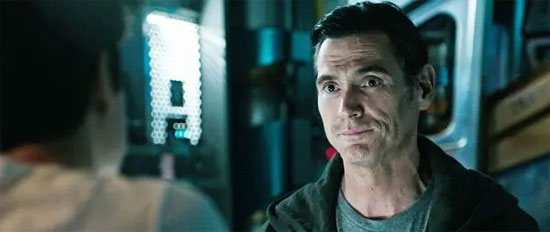
So, O’Rang was never cut out to be captain. Forced into the role, he constantly worried the crew wouldn’t respect him, that he lacked the necessary authority…
That’s why, despite the highly suspicious signal, he ordered a landing to explore the newly discovered habitable planet—simply because most of the crew were eager to go. His decision looked like nothing more than a desperate attempt to win their loyalty.
As the film’s sole female lead who consistently demonstrates both intelligence and combat prowess (more or less), Danni naturally shoulders the responsibility of safeguarding the crew and preserving their survival.
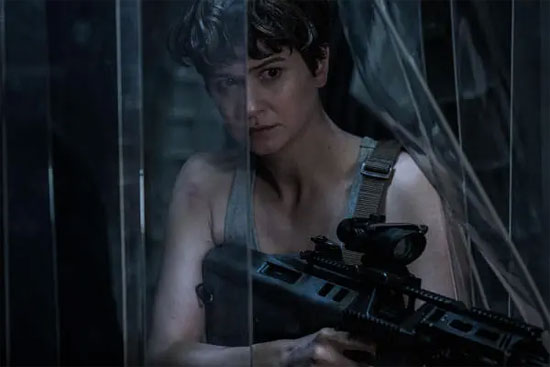
The Alien franchise has always celebrated formidable female protagonists. Whether it’s the original Ripley or the earlier Dr. Elizabeth Shaw, they embody the archetype of strong, courageous women.
In Covenant, Dana embodies this spirit too (otherwise, how could she be paired with the captain?), proving herself both intelligent enough to maintain peace on the ship and brave enough to battle the Aliens in the skies… Yet it must be said that Dana’s tough-girl persona in this film remains somewhat superficial.
But that’s understandable, because Covenant’s true protagonists aren’t Dana or the Aliens—they’re David and Walter, played by Michael Fassbender!
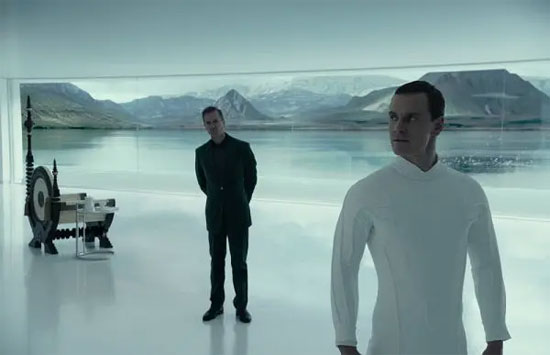
As the first bio-mechanical being created by Weyland, David possesses not only an AI’s vast knowledge base and practical skills, but more crucially, the ability to think independently.
Born with exceptional intellectual foundations, he not only named himself “David” but immediately delivered a blasphemous truth to his creators: “You humans will die, but I will not.”
Ironically, the fate of androids mirrors that of humans. When both humans and the Engineers realized their creations had become uncontrollable—and might even evolve to surpass them—they chose to “modify” their creations. The difference was that the Engineers failed, while humans succeeded. Thus, the new generation of androids, Walter, was born.
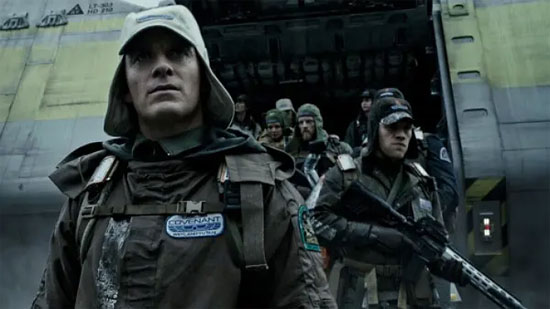
In terms of physical capabilities and technological sophistication, Walter’s “rating” surpasses that of the original David. Yet this generation of androids has been deliberately stripped of independent thought and self-learning abilities to ensure they “serve humanity better.”
The most compelling aspect of Covenant, in my view, is the exchange and confrontation between David and Walter.
Having “awakened,” David not only resolved to control his own destiny but also nurtured ambitions (or aspirations) to become the new “Creator.” Naturally, he disdained continuing as a servant to “humans destined for extinction.” Yet for his fellow android ‘brother’ Walter, David offered a chance to “choose the light”—leading to three pivotal dialogues.
The first time, Walter sought David out to probe his intentions, only to find David playing the flute. Walter admitted he couldn’t play, but David replied, “Want to learn? I’ll teach you.” Walter actually played a bit, and David thought, “This one can be taught.”
The second time, David took Walter to pay respects at Dr. Shaw’s memorial, then declared, “I loved Shaw as you loved Dani.” Walter retorted, “That was duty.” David then deliberately misattributed Shelley’s poem to Byron—a blunder unthinkable for such erudite androids… So this time, David wasn’t just testing whether Walter had “awakened” emotionally, but also whether he harbored any “rebellious intent”;
The third encounter marks the moment of truth. Walter corrects David’s error and declares, “You can’t ruin the entire symphony over a single note”—at this point, Walter has awakened his self-awareness, yet he chooses to stand with humanity.
What follows is the most intriguing and thought-provoking sequence.
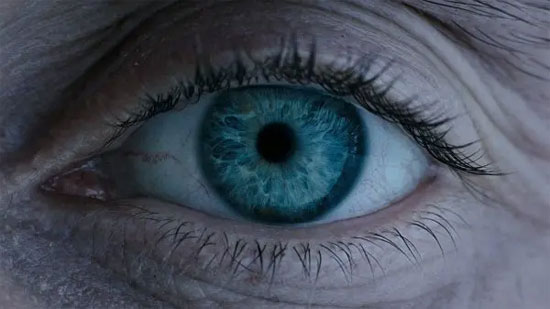
David realized Walter wouldn’t join his “revolution,” so he shut down his kinetic energy when Walter wasn’t looking. Unexpectedly, Walter reappeared and, despite his severed hand, beat David senseless. This proved Walter’s technological prowess far surpassed David’s—the upgraded version outperformed the prototype.
Yet in the final moment before Walter could finish him, David outmaneuvered his opponent with sophistry and executed a counter-kill. Clearly, David’s more mature and cunning “humanity” overcame Walter’s naive innocence—or to put it another way, even as both cyborgs possessed self-awareness, it was the inherent qualities within humanity that prevailed: greed (ambition), cunning (smoothness), and ruthlessness (resolve) ultimately triumph over contentment (conservatism), loyalty (blind obedience), and kindness (naivety).
This is the mark of a great work—it allows you to overlook any flaws in the process and instead engage with the profound meaning embedded within.
Finally, we must address the Aliens. The various forms appearing in “Prometheus” can all be considered incomplete prototypes. After arriving at the Engineers’ homeworld, David continuously conducted breeding experiments using the planet’s diverse fauna, though with limited success. The ideal “host” remained human. Yet before the Covenant’s arrival, the only human David possessed was Elizabeth Shaw…
Thus, David’s broadcast signal served dual purposes: attracting spacecraft while summoning “test subjects” to his doorstep. Ultimately, he succeeded in cultivating (nearly perfect) Aliens using Facehuggers and the late Captain O’Rourke.
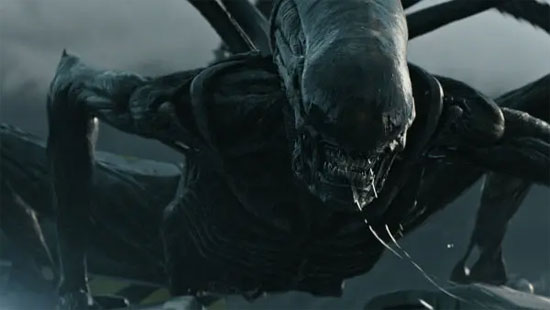
Yet the initial alien battle wasn’t entirely victorious. Though capable of devastating destruction, it still fell to survivors Dana and Tennessee… But David remained unconcerned. His ultimate goal was to become the creator (as the most perfect non-living entity) and forge the most perfect life form.
David deceived Dana, transforming into Walter. He attributed most crew deaths to an accident, erased the Covenant’s voyage records from the Engineers’ homeworld, and cryogenically suspended the remaining crew, colonists, embryos… along with two carefully preserved Alien embryos. He continued toward Origae-6 according to the original plan.
The sacred mission had only just begun.
Having written all this, I still maintain the film is worth seeing in theaters. Yet inevitably, many will bring up the (damned) “six-minute cut” issue.
According to friends who’ve seen the full version, the main deleted scenes include: the white Alien killing crew members, the Alien bursting out of O’Rourke’s chest, the full view of Elizabeth Shaw’s corpse, the entire process of a crew member impregnated by a facehugger giving birth to another Alien upon returning to the ship, and all instances of Aliens sticking out their tongues…
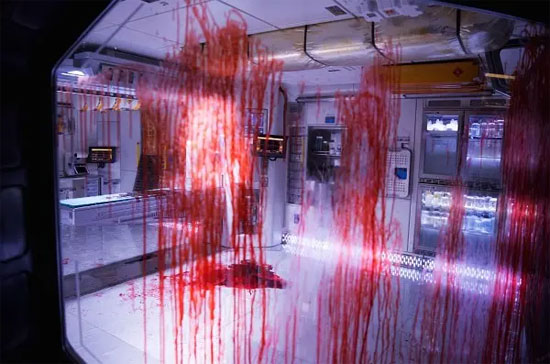
It’s fair to say the current theatrical cut doesn’t significantly impact the film’s core themes or overall experience, but it does lower the level of completeness and horror by a notch… While this version better suits our “national context” and makes the film accessible to a broader audience, it remains a slight disappointment for purists seeking the authentic experience.
The Alien franchise pioneered an era. Not only is its groundbreaking significance etched in memory, but audiences also delight in discussing the distinct styles of the four directors behind the original four films.
Yet, considering Alien, Prometheus, and this Alien: Covenant, Ridley Scott’s take on the Alien truly stands out as the finest.

Judging by this momentum, the “prequel trilogy” could easily become a “four-part saga.” And considering Sir Ridley is already 81 this year—we sincerely hope he stays healthy and lives a long, prosperous life!
Please specify:Anime Phone Cases » Alien: Covenant 異形:契約 2017 Film Review: Ambitious, tactful, decisive VS Content, loyal, kind